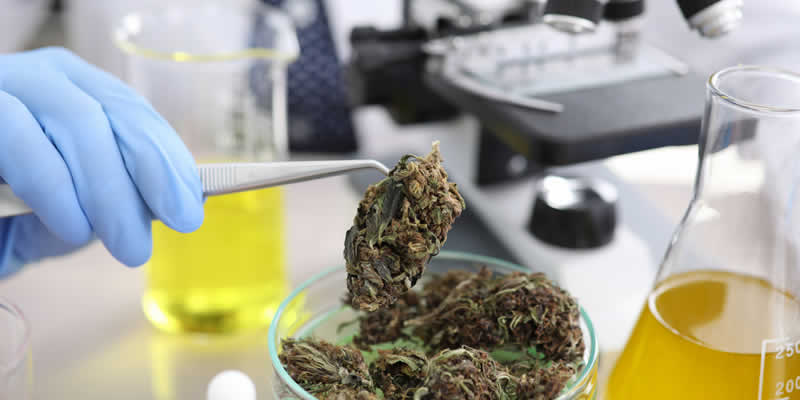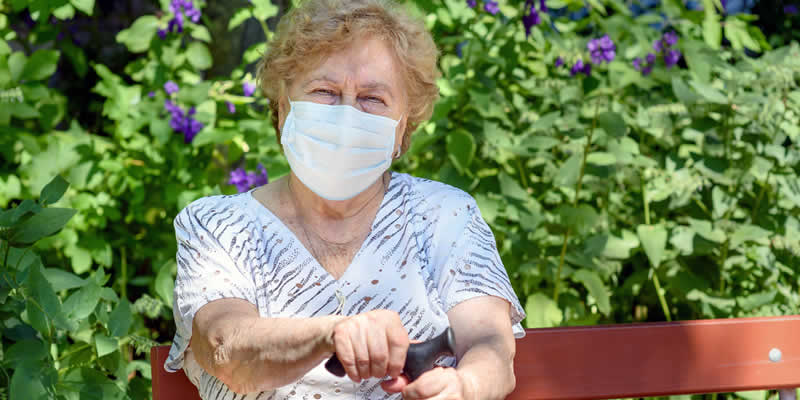Pregnant women who smoke or consume cannabis are more likely to pass on “adverse health effects onto their offspring” compared to those who do not use the drug, latest research has shown.
Scientists from The Endocrine Society have found that pregnant women using cannabidiol (CBD) are putting their child at risk of developing obesity and high blood sugar.
Using tetrahydrocannabinol (THC) alongside CBD during pregnancy has also been found to increase behavioural issues.
- Cannabis smoking in youth could impact health in later life
- Cannabis use associated with elevated risk of DKA in type 1 diabetes
Lead author, Dr Brianna Moore said: “We found that cannabis use during pregnancy was linked to increased fat mass percentage and fasting glucose levels in five-year old children.
“We would encourage women to refrain from using any cannabis while pregnant or breastfeeding to minimise adverse health effects onto their offspring.”
During the study, the team of academics examined the urine samples of more than 100 pregnant women to assess whether they had cannabinoids in their system.
They found that 15 per cent of the participants had cannabis in their urine whilst they were pregnant.
Five years later, the researchers detected a higher mass of fat and fasting glucose levels in the children who were exposed to cannabis whilst in the womb compared to those who were not exposed to the drug.
Dr Moore added: “More studies are needed to understand how exposure to different cannabinoids during pregnancy may impact the offspring.”
Prior research has identified that more than 20 per cent of pregnant women exposed their babies to cannabis whilst they were in the womb.
According to the study, CBD is becoming more popular because it has been advertised as a health benefit, for example, offering a relief for anxiety, depression and post-traumatic stress disorder. It has also been marketed to improve sleep.
The study was published in The Endocrine Society’s Journal of Clinical Endocrinology and Metabolism.





